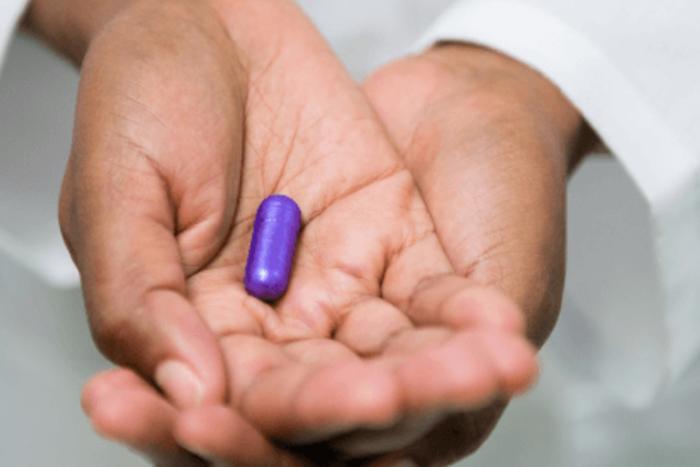Rani’s ‘robotic’ pill delivers injectable osteoporosis drug

US biotech Rani Therapeutics has shown that its oral formulation of a drug for osteoporosis that currently has to be delivered by injection worked as hoped in a first-in-human study.
The ‘robotic’ pill delivers teriparatide, a form of parathyroid hormone (PTH) that has been used to treat osteoporosis since the 1980s when it was launched by Eli Lilly under the Forteo/Forsteo brand names.
Forteo was a massive seller for Lilly, with sales reaching a peak of $1.7 billion before biosimilars reached the market, and still pulled in more than $600 million last year.
Rani’s RT-102 consists of a new version of PTH and a capsule device that is swallowed and moves through the stomach like any oral tablet. Once it reaches the intestine, it releases a self-inflating balloon with microneedles that deliver the medication into the intestinal wall.
As there are no pain receptors in the intestines, the injection is painless. The needles rapidly dissolve, and the balloon is retracted, allowing the capsule to continue its journey through the gut.
The company reported the new results over the weekend at ENDO 2023, the Endocrine Society’s annual meeting in Chicago.
The study involved 39 healthy women, who were randomised to either one of two doses of RT-102 or a standard injection with teriparatide, with drug concentrations collected over the following six hours. Fluoroscopic imaging was also used to track the passage of the robotic pill through the body.
The results showed that the bioavailability of the drug delivered by the robotic pill was comparable to or better than the drug given via injection. RT-102 delivered the active drug with 300% to 400% higher bioavailability for 20 mcg and 80 mcg of PTH, respectively, when compared to 20 mcg of Forteo delivered via subcutaneous injection.
“We believe this study provides the first clinical evidence of safe and successful delivery of the osteoporosis drug teriparatide through an oral robotic pill,” said Arvinder Dhalla, who leads Rani’s clinical development unit.
“Data from this study are very encouraging and should give hope to those suffering from chronic conditions that require painful injections, like osteoporosis, that an oral alternative could be on the way.”
Rani has said it hopes to start a phase 2 trial of RT-102 in patients with osteoporosis in the latter half of this year. The company is also working on a new higher-capacity version of the delivery device, which could be used to deliver large molecules, such as monoclonal antibodies.
One competitor working in the oral PTH space is Entera Bio, which has taken its EB612 candidate to phase 2.












